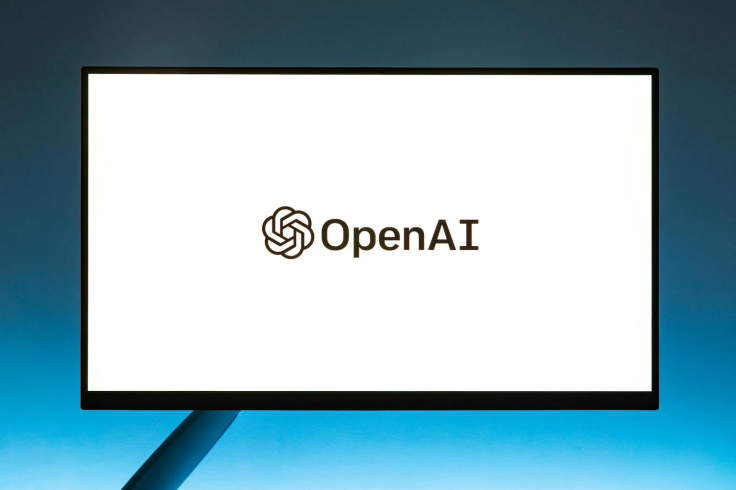OpenAI Unveils GPT-4o: A Game Changer in Education for Personalized Learning and Tutoring
ByIn the ever-evolving landscape of education technology, OpenAI's latest release, GPT-4o, is poised to redefine personalized learning. This new iteration, with its more human-like voice and quicker response time, is set to revolutionize how students interact with AI tutors.
Haya Ajjan, associate dean at Elon University's Love School of Business, believes that this new version of ChatGPT could serve as a personalized tutor, providing students with tailored learning experiences. For educators like Ajjan, who have long sought effective ways to engage students in personalized learning, GPT-4o offers a promising solution.
Imagine a student struggling with a math problem. With GPT-4o, they can receive step-by-step guidance, simulating a one-on-one tutoring session. This level of personalized support has the potential to transform how students learn and retain information.

Enhanced Learning Through AI
One of the key features of GPT-4o is its ability to understand instructions in both text and images. This means that students can interact with the AI in a more intuitive way, making learning more engaging and effective.
Additionally, GPT-4o has improved video capabilities, allowing it to provide visual explanations for complex concepts. This opens up a whole new world of possibilities for educators, who can now use AI to create interactive and engaging lessons that cater to different learning styles.
Terumi Miyazoe, a senior associate professor at Tokyo University of Science, used a previous version of GPT's voice-interaction features to create a lesson design. She found that students were more likely to ask challenging questions to the AI, something they may not have done with their professor. This suggests that AI can not only supplement traditional learning but also encourage students to explore topics more deeply.
Balancing Concerns and Benefits
While the potential of GPT-4o to revolutionize education is exciting, it also raises important questions about privacy and data security. Darren Person, chief digital officer at Cengage Group, emphasizes the need to use AI tools like GPT-4o to augment, not replace, traditional learning experiences.
As the education community embraces these new technologies, it is crucial to ensure that the safety and privacy of students and faculty are protected. Tech companies must be transparent about how they use data collected from these tools and ensure that it is used responsibly.
Despite these concerns, Gašper Beguš, director of the speech and computation lab at the University of California, Berkeley, believes that the benefits of GPT-4o outweigh the risks. He sees the potential for AI to supplement learning by providing personalized curricula that cater to individual student needs.
Looking Ahead
As GPT-4o becomes more widely available, educators and students alike are eager to explore its potential. From personalized tutoring to interactive lessons, this new iteration of ChatGPT has the power to transform how we learn and teach.
However, it is important to approach this technology with caution and continue to evaluate its impact on education. While AI can enhance learning experiences, it is not a replacement for human teachers. As Beguš notes, the inspiration to learn comes from human interaction, something that AI cannot replicate.
OpenAI's GPT-4o represents a major step forward in the field of education technology. By providing students with personalized learning experiences and enhanced support, GPT-4o has the potential to revolutionize education and shape the future of learning.
© 2025 University Herald, All rights reserved. Do not reproduce without permission.








